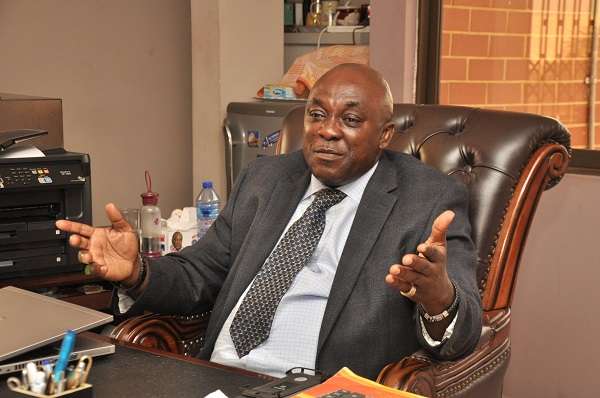Mr. Ahenkorah insists the levy is not compulsory, and persons who do not want to pay are free not to use platforms that would require the payment of the levy.
The imposition of the e-levy has been one of the contentious issues in the 2022 budget statement.
Many Ghanaians have called on the government to reconsider such a move. They argue the levy is punitive.
For instance, the Minority Caucus in Parliament has indicated its strong resolve to reject e-levy in its entirety.
It said it will kick against the levy in any shape or form since it will inflict more hardship on Ghanaians.
The Minority Leader, Haruna Iddrisu, while making a submission on the floor of parliament on Tuesday [December 6, 2021] in reaction to Finance Minister, Ken Ofori-Atta’s recent announcement of concessions on the 2022 budget, said the levy will among other things derail Ghana’s efforts to grow a digital economy.
“It is true that we engaged. We were part of the engagement, but at that engagement, regrettably and unfortunately, on the matter of e-levy we could not have agreement and consensus.”
“We believe that the e-levy is punitive, and will undermine our quest to grow a digital economy in seeking to tax transactions.”
However, the Tema West MP in a Citi News interview justified the introduction of the levy.
According to him, paying the tax is not compulsory, and so anyone who does not want to pay shouldn’t use the MoMo service.
“I have always been saying that the momo tax is a compulsory tax. You only pay when you use it, when you don’t use it, you don’t pay. If you think it is expensive, there is no other procedure for making payments that will be equal to MoMo. So what we are saying is that the tax is targeted at those who have the ability to pay not those who are receiving.”
“So if you are receiving it is okay to go and negotiate with the person who has gone to the bank to borrow money to be a MoMo agent to pay money out. Otherwise, keep the money on your phone, and you don’t owe anyone any money.”
Source: Citinewsroom.com
 Home Of Ghana News Ghana News, Entertainment And More
Home Of Ghana News Ghana News, Entertainment And More





